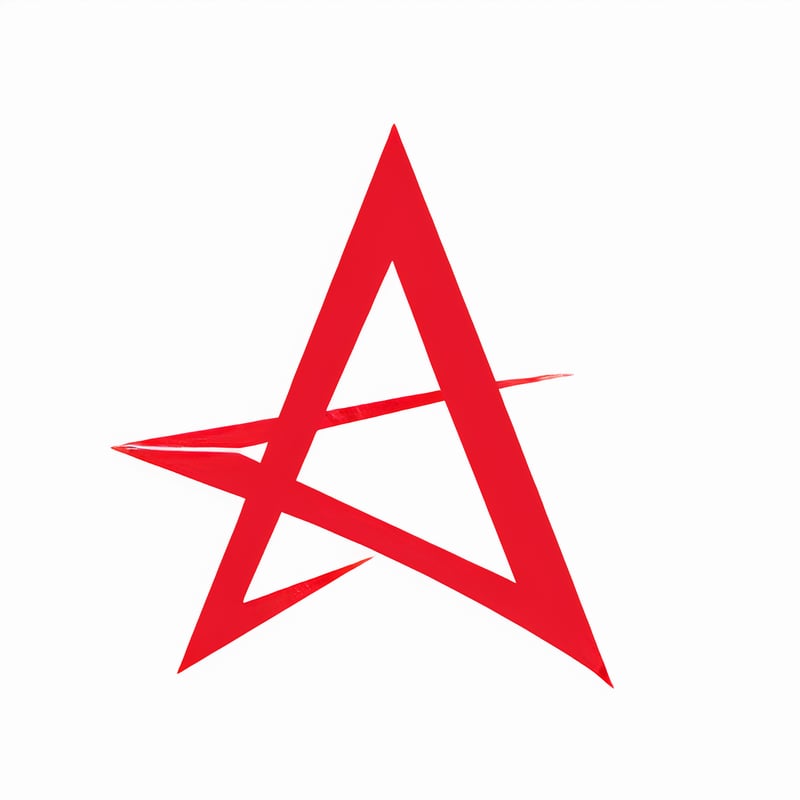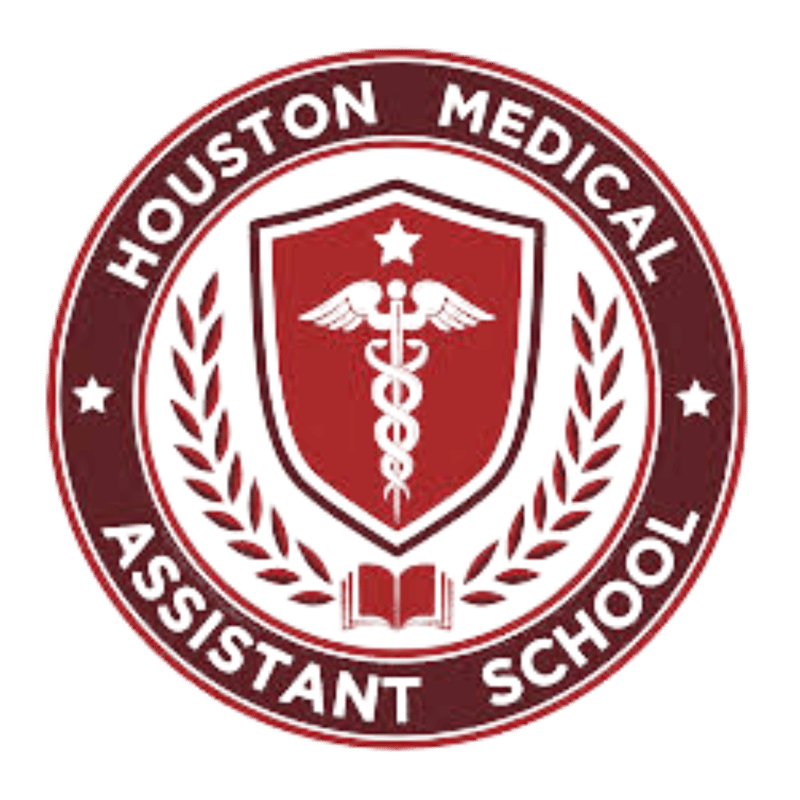
Financial aid (may be available)

Financial aid (may be available)

$950 to start
$4,490 total

Financial aid (may be available)
No cost info

Financial aid (may be available)
$4,147 total
$8,046 total
This Registered Respiratory Therapy program is 100% online and is designed as a nontraditional track for individuals who have completed an associate's degree in respiratory care and have already earned the Registered Respiratory Therapist (RRT) credential granted by the National Board for Respiratory Care. Our courses are taught by full-time faculty who are Registered Respiratory Therapists with advanced degrees and extensive clinical training and experience.
No cost info
The University of Cincinnati's online Bachelor of Science in Respiratory Therapy program is designed to improve real-world clinical competence while preparing active respiratory therapy professionals for a lasting future in the healthcare industry. The robust and engaging curriculum challenges students, promoting a deeper understanding of advanced healthcare operations, logistics, technology, leadership, ethics, and project management. Delivered by the industry-experienced faculty in the UC College of Allied Health Sciences, the online program advances respiratory therapy practice and research by focusing on current and future industry standards. The end result is a clinician who can make significant contributions to the field while positively affecting the future of respiratory care for a diverse range of patients. Build on your experience, define your practice, and prepare for the future. Develop the expertise needed for advanced practice and leadership opportunities. Interact and network with an industry experienced faculty and healthcare professionals. Earn a bachelor of science in respiratory therapy in as few as 20 months (5 semesters). Continue working while your learn with flexible, 100 percent online classes.
No cost info
A bachelor’s degree in respiratory therapy from MU will help you provide the hands-on care that assists in recovery and management of a wide range of medical conditions. If you hold the NBRC RRT credential or the Canadian equivalent, this may be the degree for you.
No cost info
Working primarily in hospital settings, respiratory therapists are responsible for an extremely wide range of patients. From the smallest infants to the elderly, from long-term disease to emergencies, respiratory therapists must be prepared for everything. Our program will give you access to expert instruction and the cutting-edge skills you need to advance your career.
This is a degree completion program. Students must have earned an associate degree in respiratory care, hold your RRT from the National Board of Respiratory Care (NBRC), and currently licensed to practice to be eligible for admission.
No cost info
Respiratory Therapy careers are projected to grow 23% by 2026, and because East Tennessee State University allows more transfer credits than most universities, an online B.S. in Respiratory Therapy from ETSU can save you valuable time and tuition dollars while helping you move forward faster.
The Respiratory Therapy (Cardiopulmonary Science) Completion Program at ETSU is an accredited, online program dedicated to providing advanced instruction emphasizing best practices in clinical respiratory therapy based on scientific inquiry.
No cost info
No cost info
In the world of healthcare, respiratory therapists play a crucial role. These professionals are responsible for treating patients with breathing difficulties, from chronic respiratory diseases like asthma and COPD to emergency situations such as heart attacks or shock. If you're considering a career in this rewarding field and you're located in Houston, you're probably asking, ""where can I find respiratory therapist classes near me?"" This blog post aims to guide you through the process of finding the right training and certification programs.

A respiratory therapist is a healthcare professional who specializes in the assessment and treatment of patients with both acute and chronic dysfunction of the cardiopulmonary system. Their patients range from premature infants with undeveloped lungs to elderly patients who have diseased lungs. They provide direct patient care and are instrumental in the diagnosis, treatment, and management of patients with respiratory illnesses and other cardiopulmonary disorders.
To become a respiratory therapist, you need a minimum of an associate degree, but many choose to pursue a bachelor's or master's degree. These programs, which can be found in Houston, cover a variety of topics such as:
Anatomy and physiology
Chemistry
Physics
Microbiology
Pharmacology
Mathematics
Your education will not only be theoretical. You will also have clinical training to gain hands-on experience.
When searching for a respiratory therapist class in Houston, several factors should be considered:
Accreditation: Ensure the program is accredited by the Commission on Accreditation for Respiratory Care (CoARC).
Class size: Smaller class sizes can often mean more one-on-one attention from instructors.
Hands-on training: Look for programs that offer ample opportunity for clinical experience.
Success rate: Programs should be able to provide information on their graduates' success rates on national exams and job placement.
Respiratory therapist classes vary, but students can generally expect a blend of classroom instruction, lab work, and clinical rotations. Topics covered may include:
Patient assessment
Therapeutic procedures
Equipment operation and maintenance
Cardiopulmonary resuscitation and airway management
After completing your education, you will need to pass a national exam to become a Certified Respiratory Therapist (CRT). After gaining some experience, you may choose to take an advanced level exam to become a Registered Respiratory Therapist (RRT). These certifications are recognized nationwide and are often required by employers.
Upon becoming a certified or registered respiratory therapist, you can start looking for jobs in various healthcare settings such as hospitals, home health agencies, specialized clinics, and nursing homes. Networking with fellow students, instructors, and professionals you meet during clinical rotations can also be helpful in your job search.
Once you've completed your respiratory therapist training, you may wish to further boost your career with additional training. For instance, you may choose to specialize in neonatal/pediatric care, sleep disorders, or cardiopulmonary diagnostics. You might also consider branching out into related healthcare fields. For instance, you may wish to explore EKG technician training, a field that also deals with cardiopulmonary health. More about EKG technician training can be found here.
There are many factors to consider when embarking on a career as a respiratory therapist:
Work Environment: Respiratory therapists work in a variety of healthcare settings.
Physical Stamina: The job can be physically demanding as therapists are often on their feet for long periods and may need to lift or turn disabled patients.
Interpersonal Skills: Respiratory therapists should be able to work as part of a team, have good communication skills, and be able to comfort or reassure anxious patients.
Houston is home to one of the largest concentrations of healthcare and research institutions in the world, making it an ideal place to start a healthcare career. The city's healthcare industry is always in need of skilled and qualified professionals.
A career as a respiratory therapist can be rewarding and fulfilling, offering the opportunity to make a real difference in patients' lives. As with any career, it's important to thoroughly research and consider your options before embarking on this career path. Whether you're asking ""where can I find respiratory therapist classes near me in Houston?"" or ""what can I expect from a career in respiratory therapy?"" the goal of this post is to provide a starting point for your journey.
Remember, the journey to becoming a respiratory therapist requires commitment and dedication, but the rewards both personal and professional can be well worth the effort.
Dreambound has a bunch of guides about starting in this field, with specific ones for different cities. If you're not in this city or are thinking about moving, check out some other guides below:
Contemplating a change in your career path? Dreambound has written many comprehensive guides to aid you in making well-informed decisions.
Dreambound's platform allows prospective students to find the right educational program for them through searching, filtering, and connecting with our extensive selection of career & technical education partners.
Dreambound has over 70 programs across healthcare, technology, business, and industrial trades. This includes programs such as Medical Billing, Cybersecurity, and welding.
Some of our schools offer financial aid for those who qualify. Many others offer payment plans, where you can pay the cost of class over time.
Yes, Dreambound offers many online programs. On Dreambound's search, you can filter by online, in-person, and hybrid (part online, part in-person).
Dreambound is completely free for you to use! We are supported by schools and organizations who pay to advertise on our website, so we can offer all of our career resources for free.